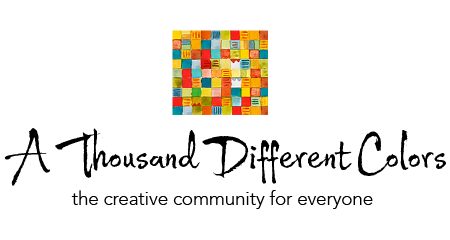story by Liz Dreckman
Love. It’s in her name. It’s her craft. Her calling. And it’s breathtaking.
There are moments in life that stop you in your tracks, make you pause, breathe deep. Fireworks, a baby’s smile, a beautiful landscape, standing at the edge of the ocean, listening to rain. Witnessing Mary Love Richardson’s craft is much like this. It seems almost sacrilegious to try to describe her work with mere words. You must witness it.
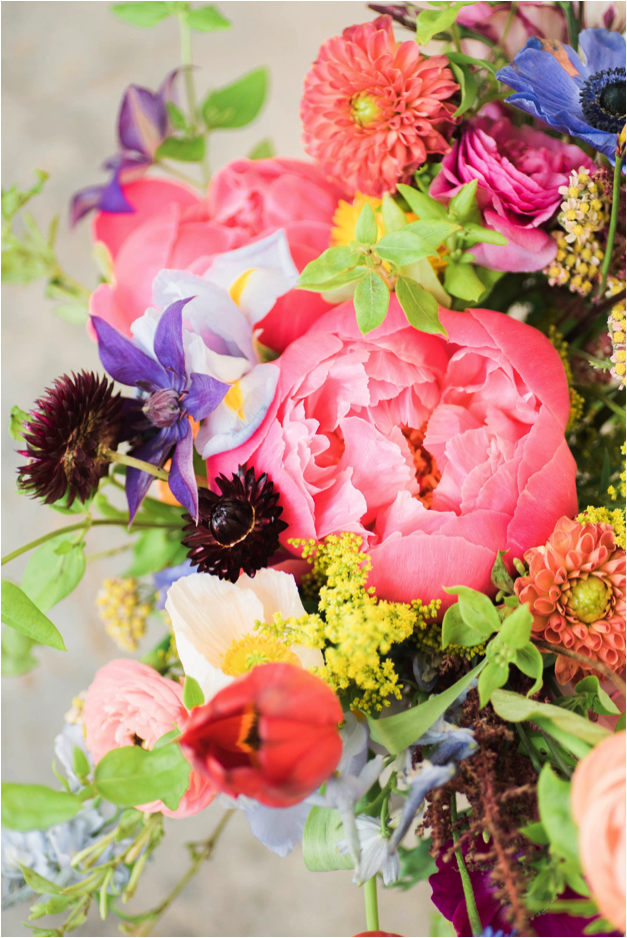

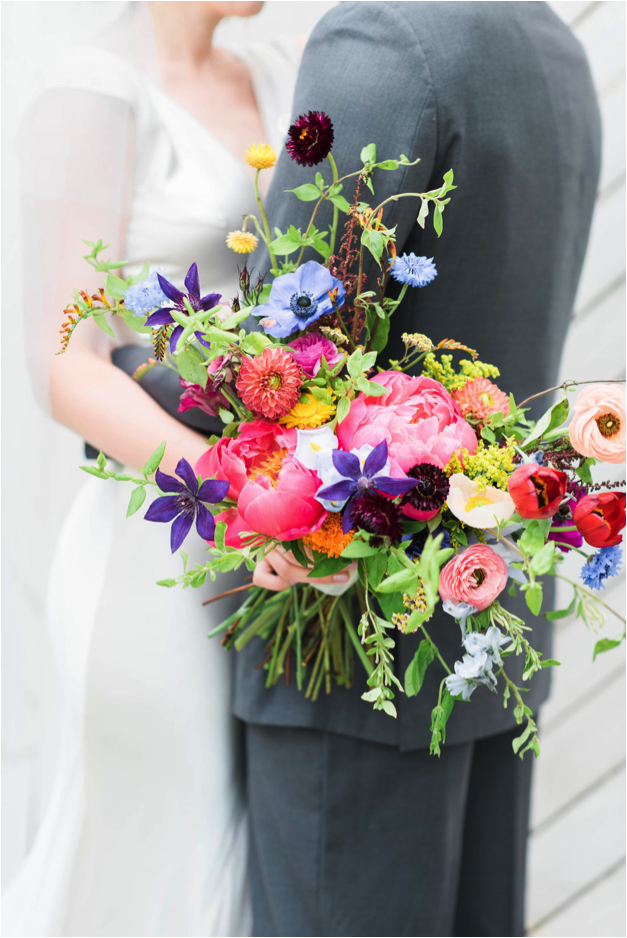
Mary Love’s joy and love for her husband, for her clients’ expressions of love, for her craft, and for her calling are all apparent in her public displays of her work – how fitting for a woman with her name, and a florist who specializes in weddings.
It is difficult to look at photographs of her work, without feeling the emotions of the day – a testament to her artistry.
As a child, Mary Love was eager to work with her hands. She would complete entire craft kits in one sitting and ask for more. She studied art and literature in college, but was unsure of her vocation as she left school. However, her studies greatly influenced her future craft – each piece echoes her knowledge and appreciation of great art.
You can see the influence of one of her favorite painters in her work. The detail, the texture, the dimension – as if a Chagall painting came to life. One bride even asked Mary Love to do a Chagall-inspired wedding, one of her favorite projects.
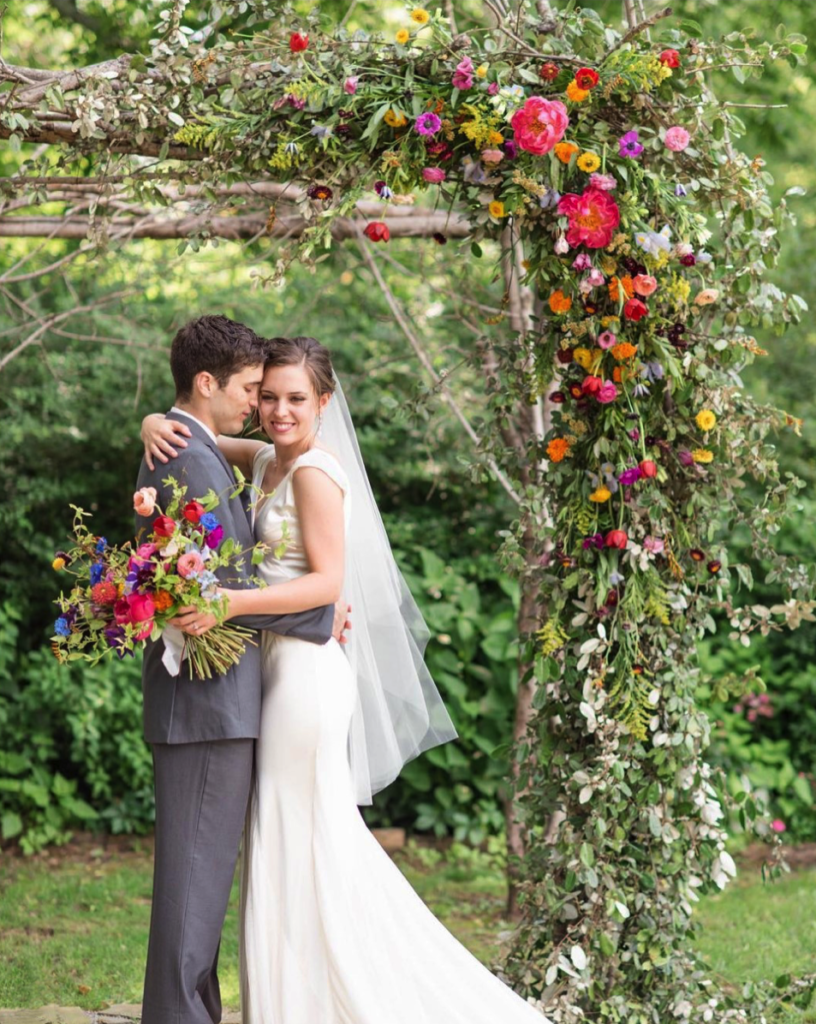
Her calling became obvious when her twin sister, Sarah Beth, got engaged; she says a light bulb went off. She asked the wedding florist for an internship. Here was a way to work with her hands and create beauty. She took every internship and freelance project she could find. Her business took off. Bookings turned into references, turned into more bookings – each job teaching her something new.
“I live in the town I grew up in, the town I went to high school in. My business grew really fast. Within a year and a half, I was full time. I was lucky to get a lot of bookings quickly. You just have to learn on the job. Freelancing for other florists, every time I would learn something new.”
She named her business, Rosemary and Finch, after her Grandmother: “Finch is my grandmother’s maiden name… I’ve always liked things that have tradition.”
Her growing business, though, brought its own challenges:
“Year three, I did just shy of 50 weddings and was on the verge of burnout. I had to cut the clutter and figure out how to be a better businesswoman.”
Mary Love asked herself: how could she travel the distance from being totally overworked and not making enough money to a place of creating life and space – living better? Ironically, as she cut the clutter and cut back on her work, she made more money. She could take dozens of jobs, but wanted to be sure every piece received her full attention and…love. In re-evaluating each job she took, admitting less was more, she learned a difficult business truth:
“Knowing it was ok to charge more, stick to my guns, and stick to my margins… It takes time to get that confidence that you are worth that.”
Mary Love shares the most fun and challenging part of her craft:
“I feel like I’m in this funny industry that 99% of my work is based on someone else’s inspiration. I am trying to bring a bride’s inspiration to life. The design is totally me, but I am basing it off of someone else’s color scheme. I love when brides are super off the wall with inspiration.”
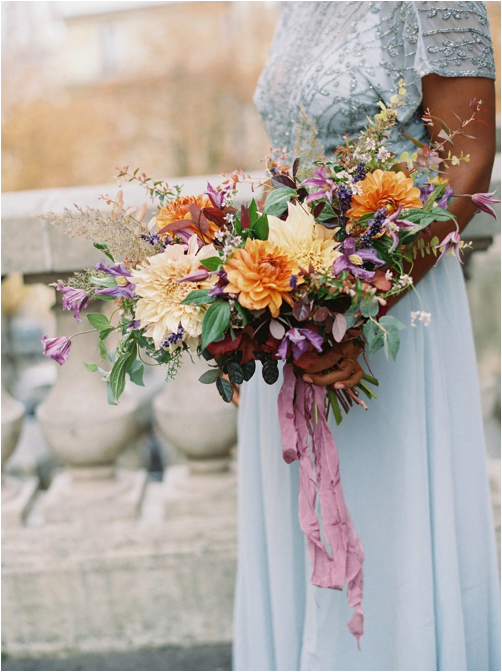
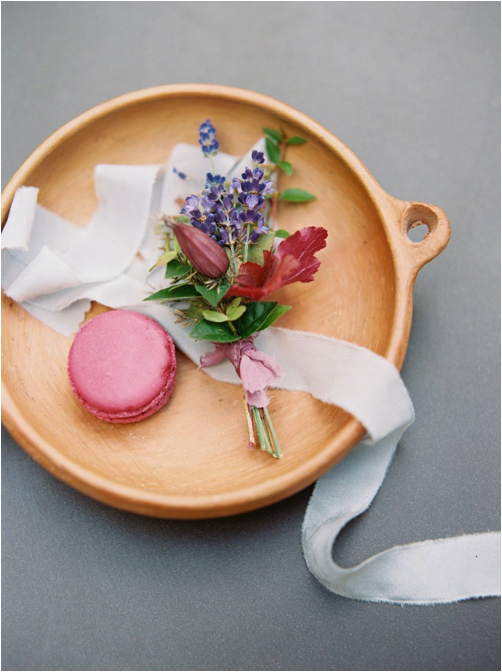
Florists face great competition in the wedding industry, but Mary Love lives her name in this way as well, seeking community and connection. She participates in a local network of florists that get together as friends, sharing their challenges and inspiration.
Perhaps the best part of her work is sharing her craft with the love of her life. She and her husband, Ben, are working on an online course that will launch this year. Developing and recording each training session together, they are sharing both of their crafts – marketing and design – in one.
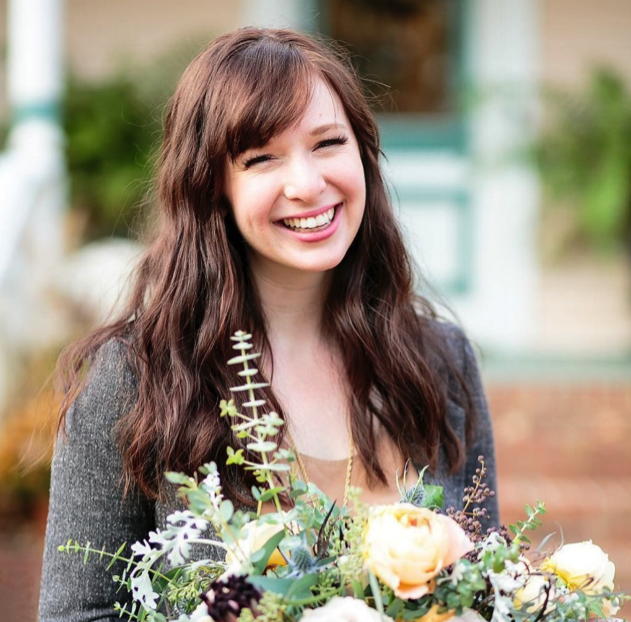
Mary Love offers sage advice on work and life to other artists who are sharing their craft:
“Three things: 1. I like simplicity. 2. Be thorough in your work. Limit your amount of work to what you can do a good job at. I won’t take so much work that I have to do mediocre work. 3. Being kind is really important. I treat every person I interact with as if they are important, and that has served me really well. People remember this.”
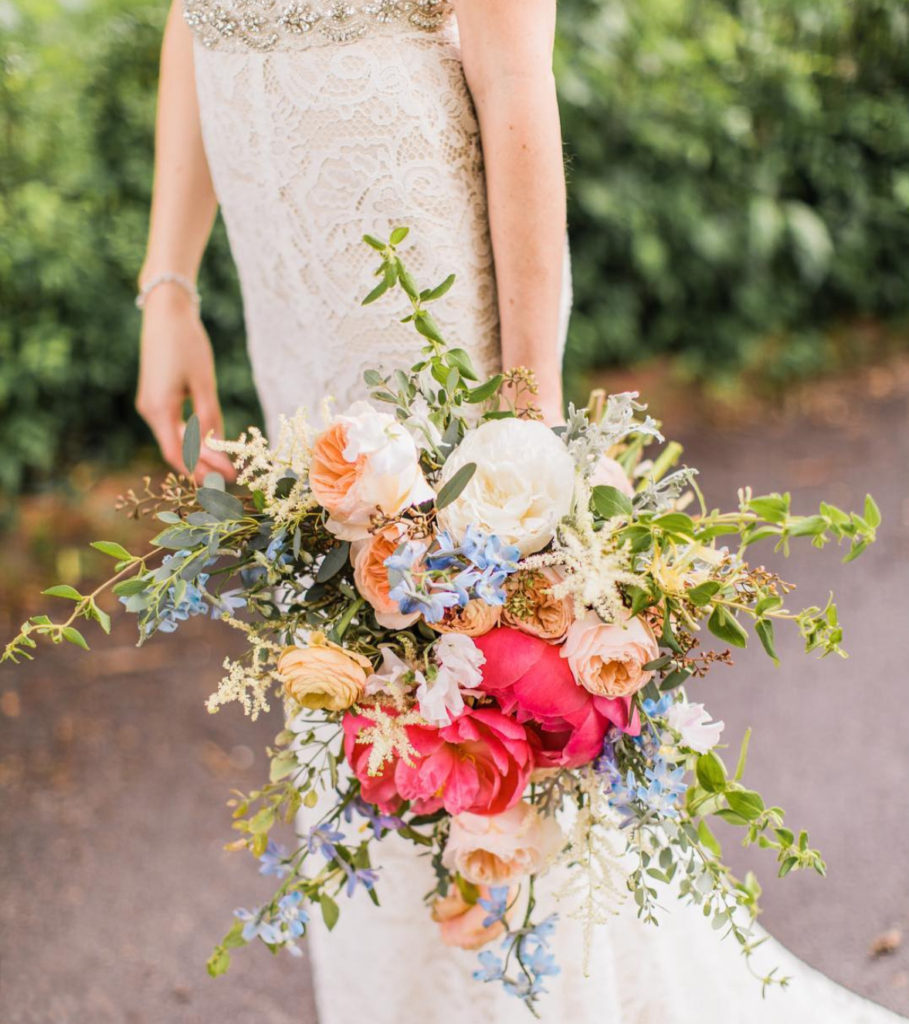
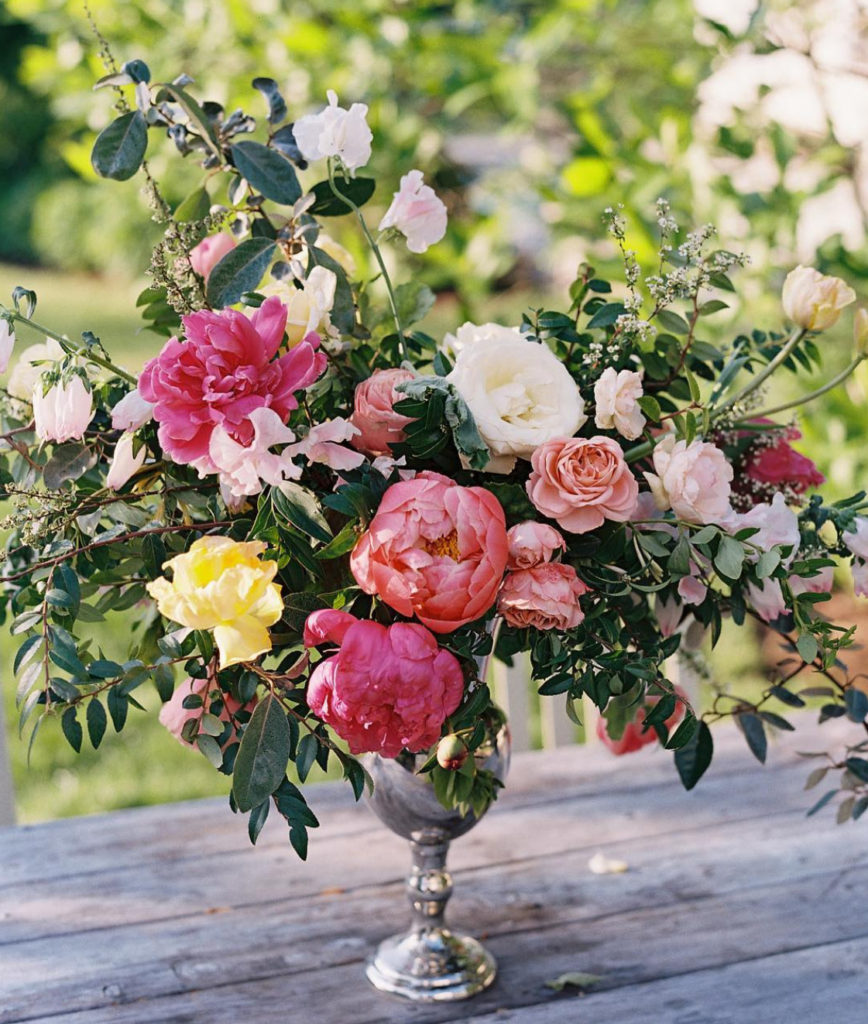
Featured image photography: Killian Rose
